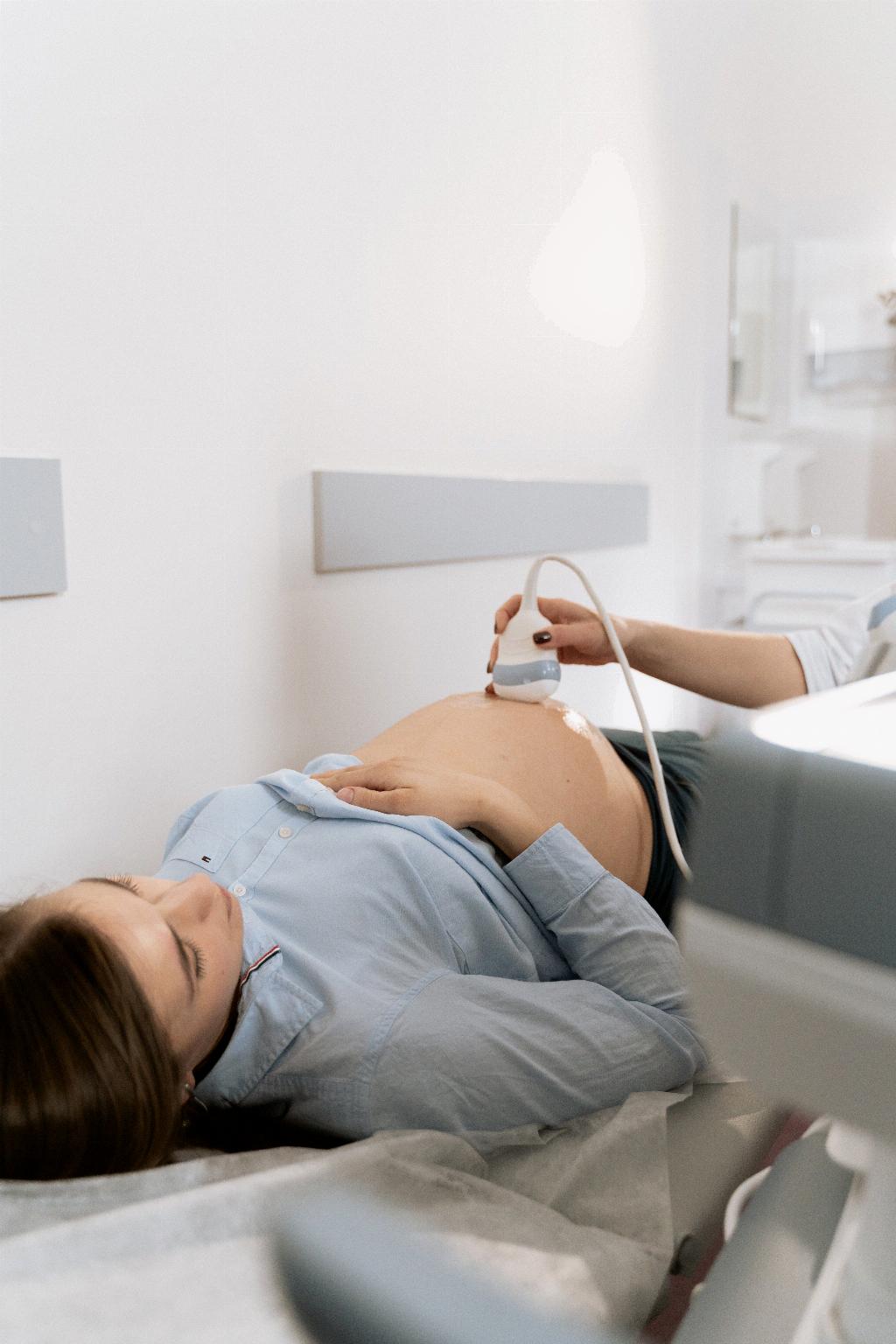When it comes to early pregnancy detection, advanced pregnancy tests have significantly improved over the years. These tests utilize innovative technology to detect the presence of the pregnancy hormone, human chorionic gonadotropin (hCG), in the urine. Unlike traditional tests, which may require waiting until the first day of a missed period, advanced tests can provide accurate results much earlier in the pregnancy process.
Optimal Timing for Advanced Pregnancy Tests
One of the key benefits of advanced pregnancy tests is their ability to detect pregnancy at a very early stage. In fact, some advanced tests on the market claim to be able to detect hCG levels as early as eight days after ovulation. This early detection window gives women the opportunity to find out if they are pregnant before even experiencing a missed period.
Factors to Consider
While advanced pregnancy tests offer early detection capabilities, there are several factors to consider when determining the best time to take the test. It’s important to understand your menstrual cycle and pinpoint when you ovulate to ensure the most accurate results. Additionally, factors such as the sensitivity of the test and the concentration of hCG in your urine can impact the test’s accuracy.
Early Detection Benefits
Early detection of pregnancy can provide women with valuable information and peace of mind. Knowing that you are pregnant sooner allows for earlier prenatal care, which is crucial for the health and development of the baby. It also gives women more time to make important decisions and adapt to the changes that come with pregnancy.
Accuracy of Advanced Pregnancy Tests
Advanced pregnancy tests are designed to be highly accurate when used correctly. However, it’s essential to follow the instructions provided with the test carefully to ensure the accuracy of the results. Factors such as timing, urine concentration, and the sensitivity of the test can all impact the reliability of the results.
Early Testing Considerations
While advanced pregnancy tests offer early detection capabilities, it’s essential to consider the potential limitations of testing too early. Testing before the hCG levels in your urine have had a chance to rise can lead to false-negative results. If you receive a negative result but suspect you may be pregnant, it may be beneficial to wait a few days and retest to confirm.
Consulting a Healthcare Provider
If you have any concerns about the results of an advanced pregnancy test or questions about when to take the test, it’s always a good idea to consult with a healthcare provider. They can offer guidance on timing, interpretation of results, and next steps based on your individual circumstances.
Emotional Preparation
Regardless of the results of an advanced pregnancy test, it’s important to prepare yourself emotionally for the outcome. Finding out that you are pregnant can elicit a range of emotions, from joy and excitement to apprehension and uncertainty. Taking time to process your feelings and seek support from loved ones can help you navigate this emotional journey.
Follow-Up Care
After taking an advanced pregnancy test and receiving a positive result, it’s essential to schedule an appointment with a healthcare provider for confirmatory testing and prenatal care. Early prenatal care is essential for monitoring the health of both the mother and the baby throughout pregnancy.
Final Thoughts
Advanced pregnancy tests have revolutionized the way women can detect pregnancy early on. By understanding the optimal timing for testing, considering important factors, and seeking support when needed, women can navigate the early stages of pregnancy with confidence and peace of mind.

